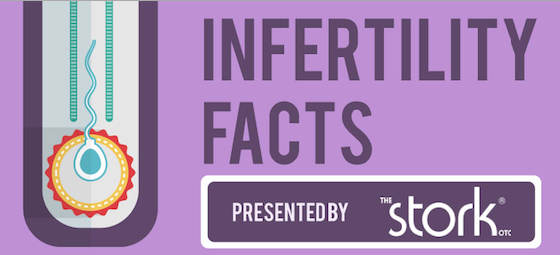
Scientists are reporting the ability to freeze and transplant ovaries, a development that could help preserve fertility in women facing cancer therapy.
"We can transplant ovaries without any loss of ovarian tissue or eggs, and it functions perfectly normally whether it's fresh or frozen," said co-researcher Dr. Sherman Silber, director of the Infertility Center of St. Louis at St. Luke's Hospital.
Silber said the technique could also be used by women who want to delay having children. He reported the findings Nov. 10 at the American Society for Reproductive Medicine annual meeting, in San Francisco.
In one paper, Silber reported that he and his colleagues had transplanted an ovary from one identical twin to her twin sister, allowing the twin with premature ovarian failure to conceive a child. One year after the transplant, the twin with the transplanted ovary had become pregnant.
But, Silber said, the ability to remove an ovary, freeze it and put it back into the same woman represents the real breakthrough. "We can freeze the ovaries of young women who are going to lose their fertility over time and transplant them back later, and they [the ovaries] won't have aged," he explained.
The technique can benefit cancer patients about to undergo radiation, chemotherapy or bone marrow transplant, which would leave them sterile, Silber said. "But if we take the ovary out, freeze it, save it and transplant it back later, they will be fertile again," he said.
Currently, women can have their eggs frozen and put back after cancer treatment is complete, Silber noted. "But there are disadvantages," he said. "If you put all those eggs in one basket, and she goes through IVF [in vitro fertilization], she can't have any better chance of pregnancy than 50 percent. If she is not pregnant from that, then she's finished."
With ovary transplantation, however, "She's got a normally functioning ovary just like she would have if she were younger. Freezing the ovary and putting it back is much more sure for the patient than egg freezing," he said.
Silber and his colleagues also reported at the meeting on one woman who had her ovary removed, frozen and then restored. But they said they've done the procedure nine times. "It's very repeatable," Silber said. "It's not just a fluke."
Silber said that if a woman receives a cancer diagnosis, "ask about freezing your ovary. In addition, young women who are going to put off childbearing should also think about having one of their ovaries frozen," he added.
Dr. Richard J. Paulson, chief of the Division of Reproductive Endocrinology and Infertility at the University of Southern California Keck School of Medicine, in Los Angeles, thinks the new reports are encouraging but preliminary.
"This is very exciting," Paulson said. "Fertility preservation is our next major frontier, because what we have found is that women with cancer are increasingly surviving their chemotherapy but are infertile. It would be very helpful if we could have a method to preserve their fertility."
Although women are having their eggs frozen, many women can't go through the procedure to harvest the eggs, Paulson said. "It would be very appealing to take the ovary out and freeze it for the future," he said.
However, Paulson noted that, so far, no woman had become pregnant after her ovary had been removed, frozen and put back.
More information




